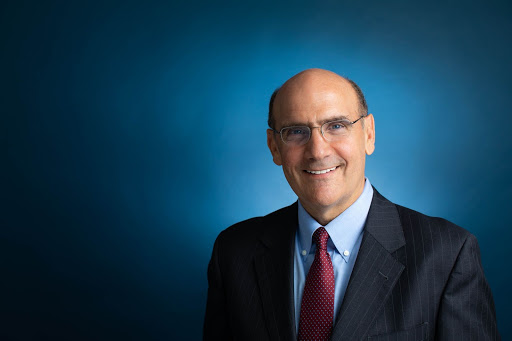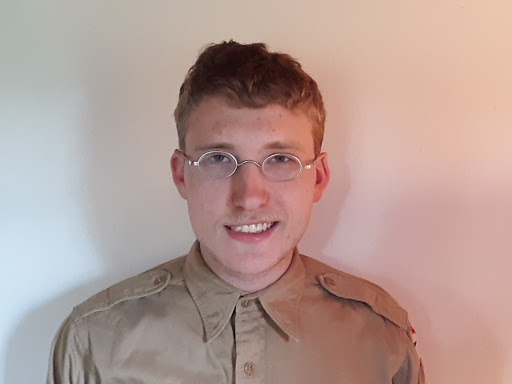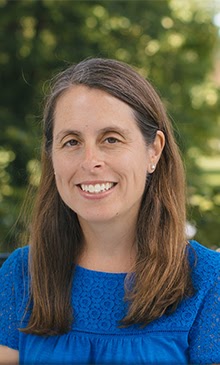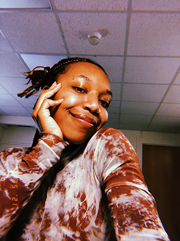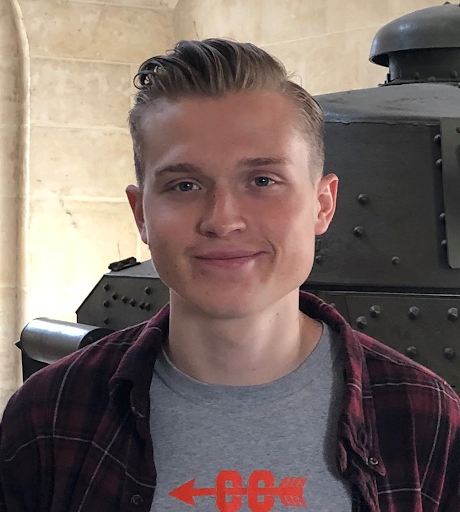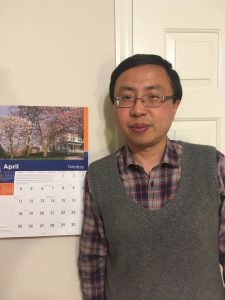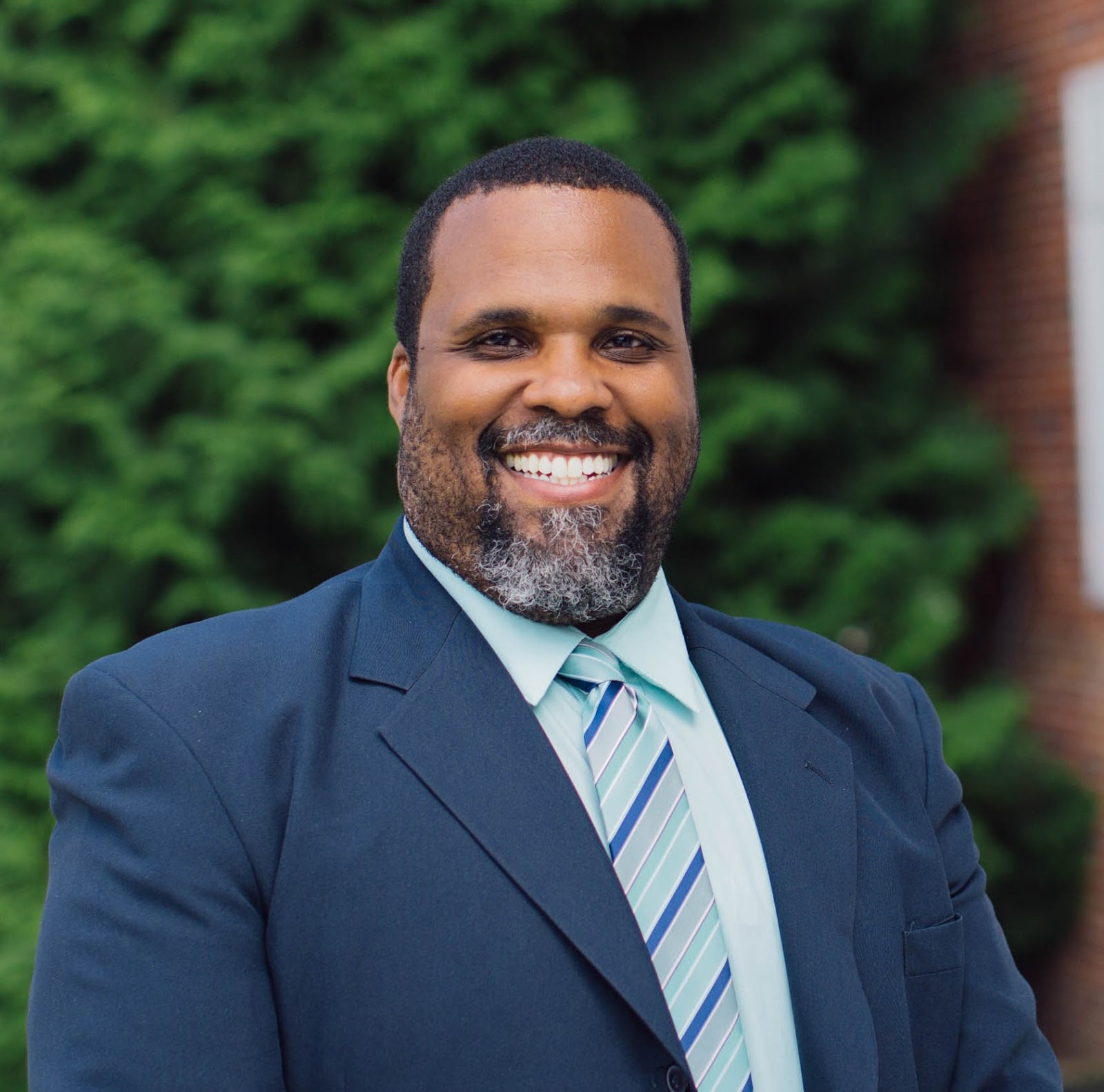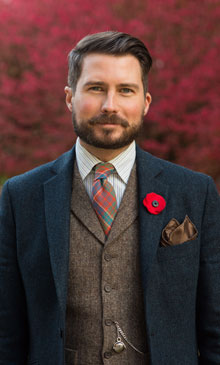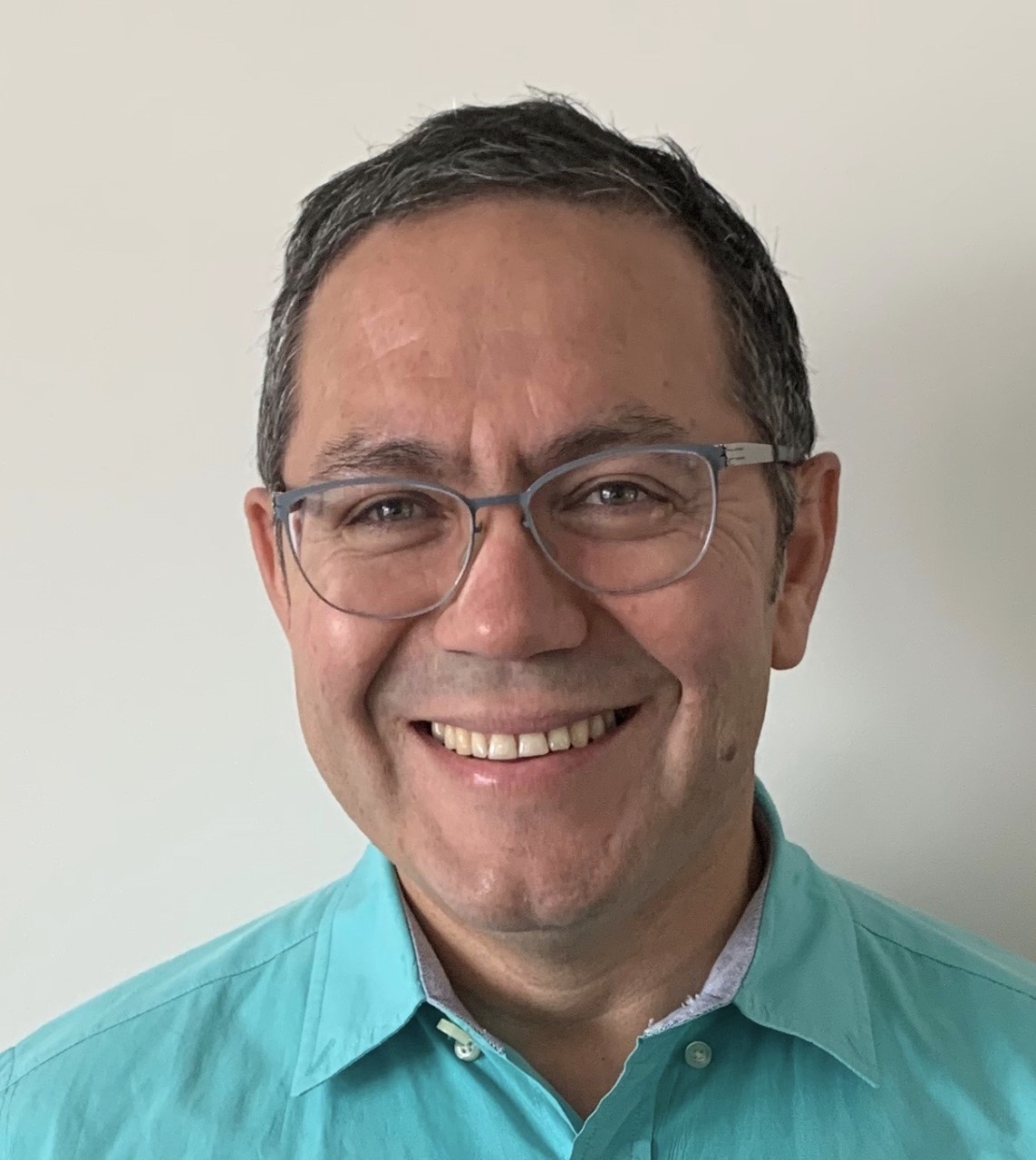Compiled by Anna Cincotta, Phoebe Doscher, and Piper Mettenburg
We asked members of the campus community what the past means to them, whether it relates to the significance of the historic Gettysburg campus, their academic focus, or their personal connection to the past. Here’s what they had to say:
Bob Iuliano, President of Gettysburg College
“In my Installation Address, I spoke to the history of this special institution—how Lincoln’s call to advance the unfinished work of our democracy ‘continue[s] to echo off the hills of this town and throughout the halls of this College.’ In other words, ours is a living history. One that illuminates the past, but even more so one that defines the core values of the College and our aspirations for the future. Our history compels us to get engaged in the issues that matter. It is who we are, and, as reflected by the commitments in our evolving strategic plan, it speaks powerfully to our ongoing sense of what it means to be a consequentially educated Gettysburg student.”
Mary Wootton, Special Collections Conservator
“For me, working in Special Collections & College Archives, the past meets the present every day. I open our Rare Books and see inscriptions from former faculty, alumni donors, or other collectors reminding us of a volume’s previous ownership, the professional expertise of the donor/previous owner, their collecting interests, and in some cases, providing instructions on how to handle and care for their book. I almost feel as though I know some of these people, and I wish they could know how much I still think about them and am grateful for their legacy to us.”
Jaeger Held ’23, History major, Civil War Era Studies and Public History minor
“Every place has a history. In Gettysburg and countless other locations, the past is irrevocably linked to the present. The past is individual and collective. It is our heritage, a perceived sequence of lineal events, and something that can never be fully known. The past is a collection of fleeting moments, unrepeatable, and the evidence left behind of what once was. To me, the past is felt in the present, yet it is also important in itself. Our understanding of the past teaches us how to be human.”
Sarah Principato, Thompson Endowed Chair of Environmental Studies and Professor of Environmental Studies
“As a geoscientist, I frequently think about the geologic history of Gettysburg. We wouldn’t even be here today if significant geologic events hadn’t occurred during the Mesozoic Era. During the Triassic Period, dinosaurs roamed around the Gettysburg area, well before any students roamed around Stine Lake. The supercontinent Pangea started to break apart during the Mesozoic Era, and the process of rifting began. We have evidence for rifting right here on campus– the angled red sedimentary rocks of the Gettysburg Formation near Quarry Pond. Of course there was magma, too, and the magma created an igneous rock called diabase. This strong crystalline rock created high ground around Gettysburg that was critical during the American Civil War. Luckily for humans, the rifting in Gettysburg failed, otherwise we would be in the middle of the Atlantic Ocean somewhere. So, when I think about the past, I remember the importance of the Earth System, and it is humbling.”
Jordan Knox ’21, Globalization Studies and East Asian Studies major
“One’s perception of the past is dependent on who you ask. James Baldwin said, ‘People are trapped in history and history is trapped in them.’ I would agree. For African Americans, history is experienced on a continuum. The past and the present are not distinct, but happening at the same time, and as a Black American I can attest to this. I live everyday with the reality of what happened to my ancestors—it’s called historical trauma and it feels as real today as when it happened.”
Benjamin Roy ’21, History major, Civil War Era Studies and Public History minor
“In the words of L. P. Hartley, ‘the past is a foreign country, they do things differently there.’ The past is ultimately irretrievable, but the beautiful and unquantifiable difference between the present and the past can be accessed through the cracked windows and broken doors of history. Up until the mid-nineteenth century, people in rural France rang church bells during inclement weather, genuinely believing that heavenly tones warded off rain, hail, and frost. Facts like these are trapdoors into radically different mentalities and historical realities and the opportunity to reanimate just a portion of a dead consciousness through them is what drives me to study the past.”
Junjie Luo, Assistant Professor of Asian Studies
“My research deals with traditional Chinese fiction. These novels, which were written hundreds of years ago, have been adapted into movies and video games. I enjoy watching these cinematic adaptations and playing the video games as much as I enjoy reading those novels. It is important to study these traditional texts within their historical contexts. At the same time, I am interested in exploring how the present speaks to the past. Understanding the dialogues between traditions and our contemporary world opens a window for me to look at the future.”
Darrien Davenport, Assistant Secretary to the Board of Trustees, Assistant Vice President of College Life
“As a bit of a history buff, the past means a lot to me. The present nor the future exists without it. Reflecting on when I joined Gettysburg College in 2016, I think of the many wonderful people and experiences this journey has gifted me. I appreciate each of them and those moments as those interactions have had direct impacts on my life. Honoring the past also allows me to honor the ancestors who have paved the way. Their sacrifices have provided me with an opportunity to make an impact at Gettysburg.”
Elizabeth Eckman, Interim Chaplain for Religious and Spiritual Life
“You are where you are today because you stand on somebody’s shoulders. And wherever you are heading, you cannot get there by yourself… We exist temporarily through what we take, but we live forever through what we give.” – Vernon Jordan
“I do not quickly forget the past because it took many people who were brave, who were innovative, who were sacrificial to allow us to be where we are today. I draw strength from those shoulders that I stand upon when in the face of injustice. I draw strength from the shoulders I stand upon when I am not sure where to turn in the face of loneliness. I draw strength from those who have come before in hopes to make the world a little bit better for those who look like me and those who will come after me.”
Ian Isherwood, Assistant Professor of War and Memory Studies
“The past is what came before. It is different from history, which is the story we construct to understand and interpret what happened in the past. In our own lives, we often do the work of history when we reflect. We remember certain things and forget certain things. We establish a timeline of importance. We construct a story trying to understand and interpret our lives. Hopefully as we go through this process, we gain more context and perspective about the past.”
Alvaro Kaempfer, Professor and Department Chair of Spanish
“Maybe it is the perception that we live simultaneously in a myriad of historical, personal and cultural processes converging on our bodies that makes me feel the past as mutating cultural landscape. It is just like the Gettysburg area as a historical reference for long-gone conflicts that are actually never gone and they jump frequently into our daily lives flutter by people unable to see themselves outside what they imagine as the only, repetitive and foundational past. The past becomes, then, another way for us to dispute what we want the future to be, a sustainable and tolerant one.”
This article originally appeared on pages 14–17 of the April 13, 2021 edition of The Gettysburgian’s magazine.

